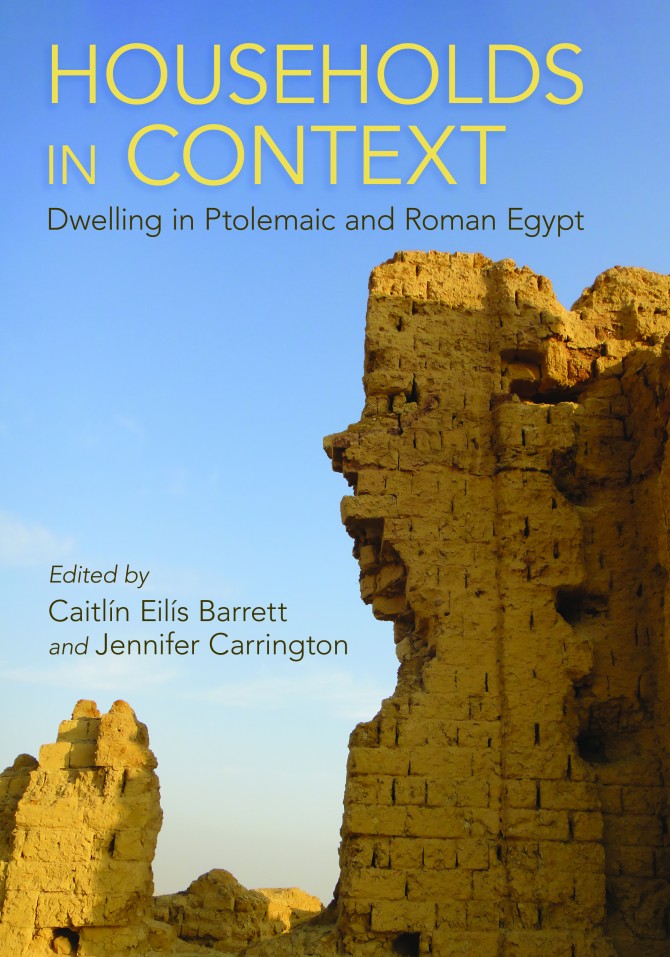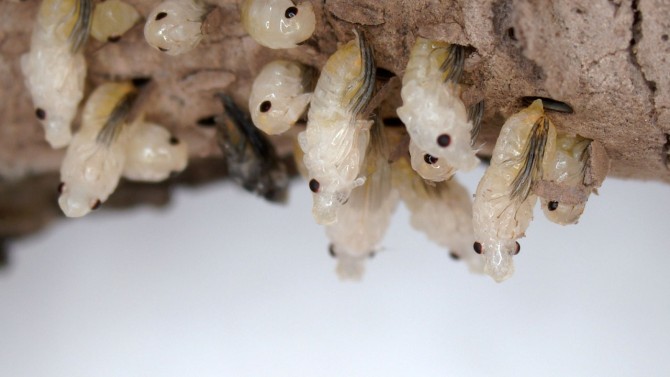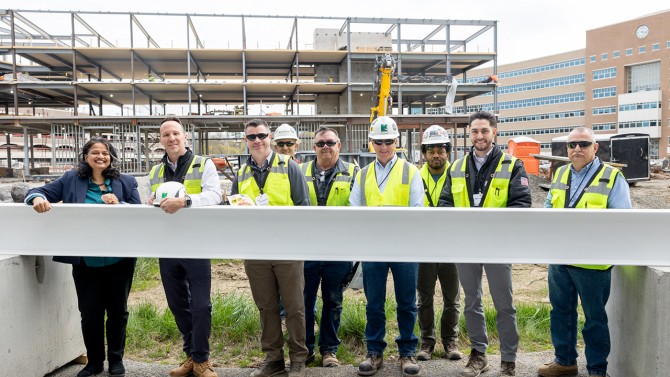MAY 25, 2023, NEW YORK – Up to 60% of cancer patients receive radiation therapy, which not only directly kills cancer cells but can also recruit the immune system to target tumors. However, tumors often become resistant to the treatment, resulting in their resurgence or metastasis. Now a preclinical study led by Ludwig Chicago’s Liangliang Wang, Hua Laura Liang, Chuan He and the Chicago Center’s Director Ralph Weichselbaum, as well as Cheng Luo of the Chinese Academy of Sciences, shows that inhibiting a key protein expressed by immune cells that suppress antitumor immune responses may help overcome resistance to radiotherapy and boost antitumor immunity.
Published May 25, in Cancer Cell, the study demonstrates in mouse models of cancer that the pharmacological inhibition of YTHDF2 (or Y2), a protein expressed at high levels by myeloid-derived suppressor cells in the tumor microenvironment following radiotherapy (RT), can boost the effects of ionizing radiation. The study also finds that combining Y2 inhibition and RT with immunotherapy further improves outcomes. The strategy, notably, prevented progression of metastasis at distant sites, which can occur after tumor irradiation.
“These findings are of potential clinical significance because not only can we enhance the local effects of radiation, but we can also eliminate these adverse distant effects of radiation,” said Weichselbaum, who is also Chair of Radiation and Cellular Oncology at the University of Chicago. “I think these findings could alter radiotherapy practice.”
This summary is derived from a press release prepared by University of Chicago that can be accessed here.








